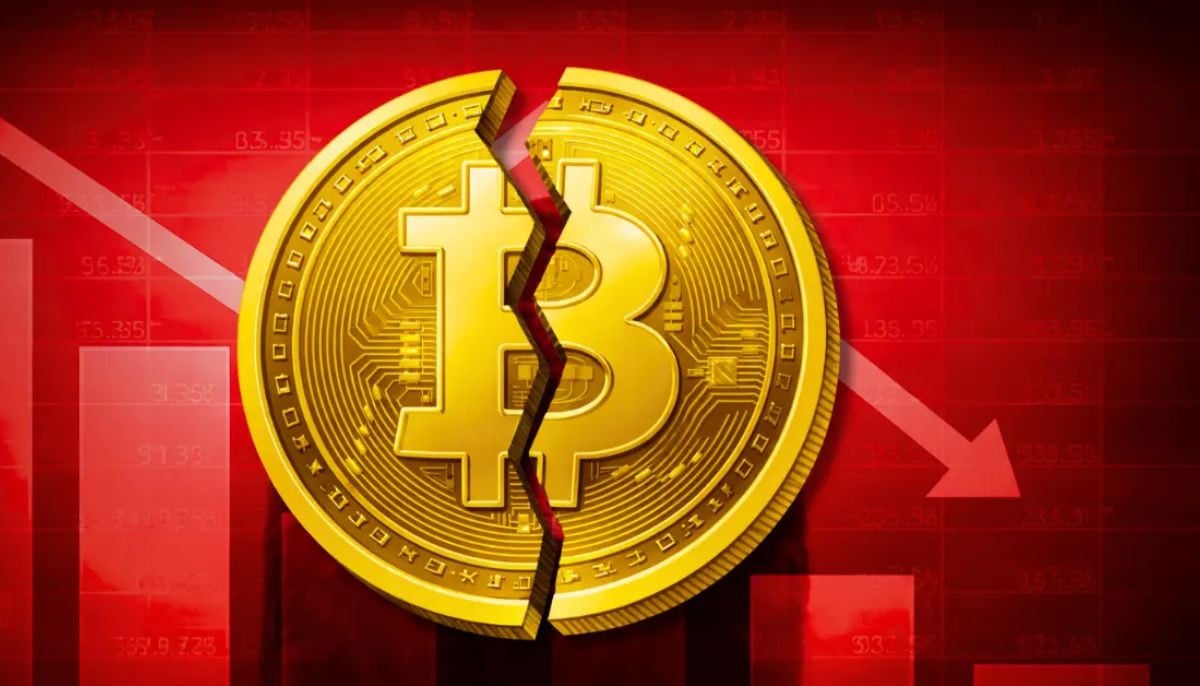Student loan relief scams are rampant across US — Here's how to be safe
US student loan borrowers were frequently given incorrect or inadequate information on their accounts
President Joe Biden promised millions of American students up to $20,000 in loan forgiveness, but the programme was stopped by the Supreme Court, and the assistance never arrived.
Borrowers were frequently given incorrect or inadequate information on their accounts as payments resumed in October following a three-year hiatus.
For many student loan debtors, this has been a difficult and perplexing moment.
Scammers have taken advantage of this.
“When borrowers have difficulty reaching their loan servicers or are disappointed by the lack of loan forgiveness, they look elsewhere for help,” said higher education expert Mark Kantrowitz. “Student loan scams fill the gap.”
Ari Lazarus, consumer education specialist at the Federal Trade Commission, wrote in a recent consumer alert that “scammers might try and tell you they can help you avoid repayment, lower your payments, or get your loans forgiven — for a price.”
According to experts, you should never pay someone over the phone who offers these "services." You may apply for alternative repayment plans, forgiveness programmes, and payment pause options for free at StudentAid.gov/repay.
“It isn’t rocket science and takes just a few minutes,” Kantrowitz said.
If a borrower is unable to reach their servicer, he says they can usually get answers on the company's website or at StudentAid.gov.
Student loan scam warning signs
According to the Consumer Financial Protection Bureau, if you are being urged to pay an upfront charge to obtain help with your student loans, it is most likely a fraud. These inquiries are frequently unlawful.
Experts warn promises of instant student loan relief are also probable frauds. Although the government has debt forgiveness programmes, they take years to execute.
The US Department of Education and your student loan servicer will communicate directly about the Biden administration's new student loan forgiveness scheme. The list of firms with whom the government collaborates on student debt may be found here.
The CFPB warns that if someone claims to delete your debts from your credit record, it might be a fraud. If you lawfully owe money, it will appear on your credit reports.
Scammers may also demand that you sign a “third-party authorisation” or “power of attorney.” These written agreements grant a person or company legal permission to talk directly to your student loan servicer and make decisions for you.
“Beware of any company that cuts off communication between you and your servicer,” the CFPB says.
Some fraudsters may fraudulently pretend to be from the Department of Education or your service provider. Borrowers should be extremely cautious that they're interacting with someone from their servicer and should seek to talk with their lender directly if they have any issues.
Meanwhile, emails sent to the Department of Education should include ".gov" in the subject line.
Borrowers should never provide their FSA ID to anybody, according to the CFPB. It emphasises that the government or your service provider will never request that information.
If you've been scammed or believe that someone is attempting to defraud you, there are several methods to report it on StudentAid.gov.
-
Will Warner Bros finalize deal with Paramount or stays loyal with Netflix's offer?
-
$44 billion Bitcoin blunder: Bithumb exchange apologizes for accidental payout
-
Global memory chip crunch puts spotlight on Apple; Will iPhone become more pricey?
-
Bitcoin plummets toward $60,000 as investors dump risky bets
-
Bitcoin crashes below $63K as regulatory pressure and market fears grow
-
Bitwise Crypto Industry innovators ETF: What investors should do in 2026?
-
Nintendo shares slide again as momentum fears grow
-
Gold, silver prices fallen sharply; What’s driving the drop?












